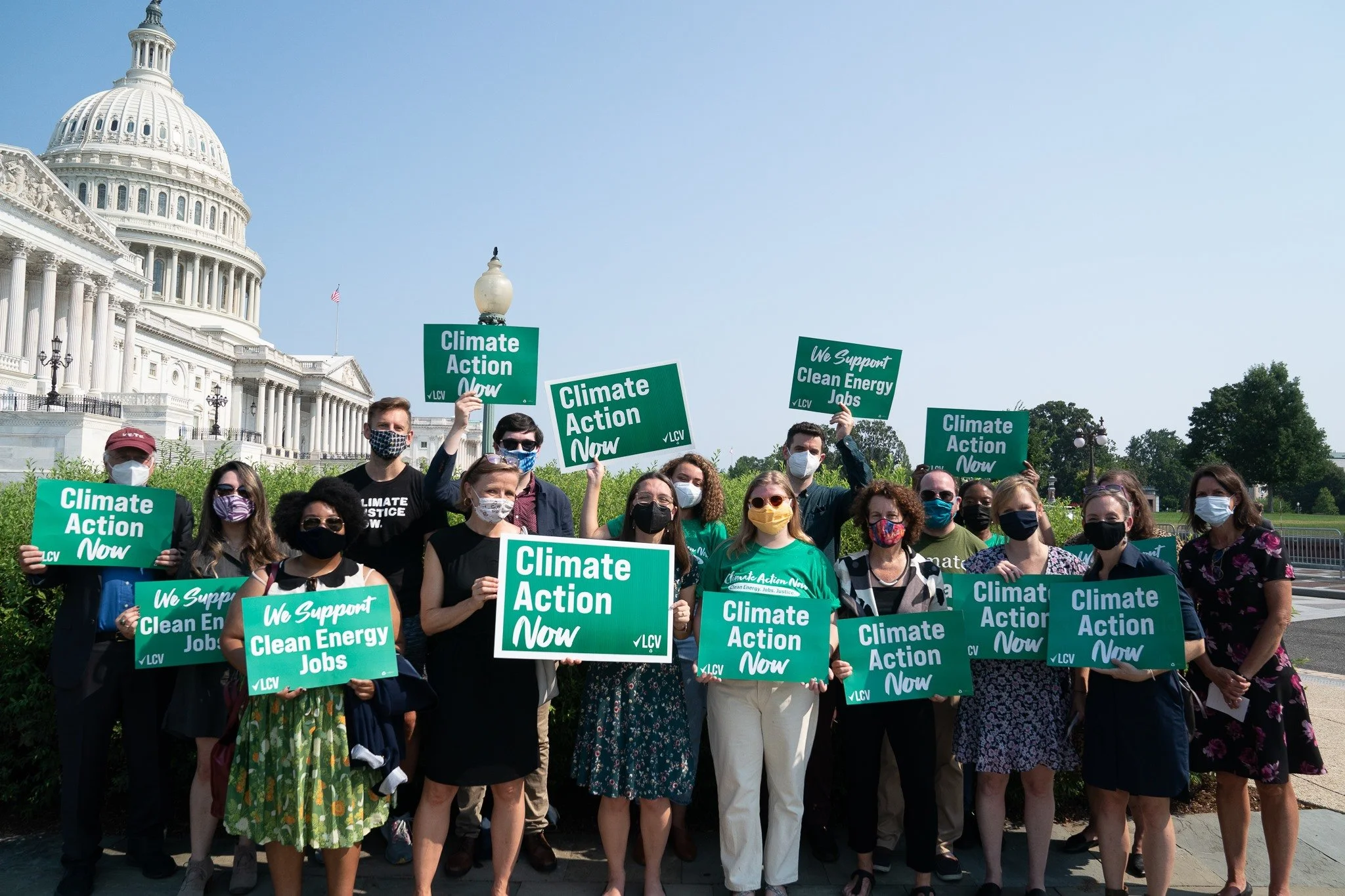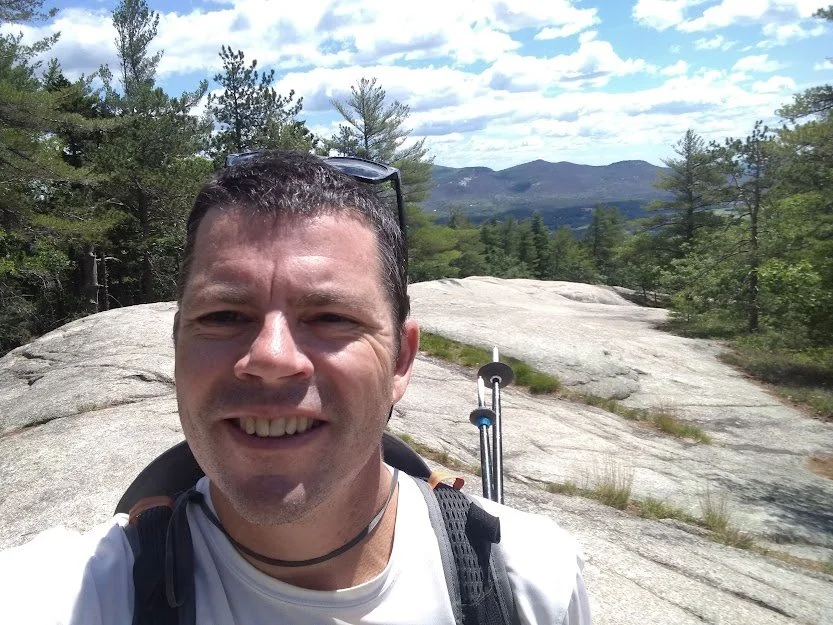
Geared To Grassroots
A criticism of many organizations with a national reach, including environmental or trade groups, is that they can be distant or unapproachable. But losing the grassroots nature of an enterprise isn’t necessarily inevitable, as evidenced by the League of Conservation Voters (LCV), which was established in 1970 and has over 200 full-time employees spread across the country and Washington, DC.
LCV’s New Hampshire chapter is a key player at the State House in Concord, advocating for policies that impact the environment, public health, and economic growth.
Rob Werner, LCV’s NH State Director, encourages his staff of 10 to move beyond the halls of the State House and deploy across the state so that all regions are represented and can help the organization flex its muscle. Alerting its membership about pending legislation has helped LCV to mobilize meetings with policy makers, often on their home turf.
GO: Sustainable Tip of the Month
Interested in learning more about sustainability and actions you can take, all at a bucolic setting? Come to Outdoor Fest this Memorial Day weekend where GOA’s Chief Sustainability Guide Andrew Schuyler will be leading a panel discussion titled Aligned for Impact: Outdoor Policy and Business Sustainability.
In addition to LCV’s Rob Werner, the panel will include:
Dr. Elizabeth Burakowski: Research Assistant Professor, Earth Systems Research Center &
Institute for the Study of Earth, Oceans, and Space, University of New Hampshire;
Mike Bednaz: Director of Marketing, Minus33;
Christopher Burk: Co-Founder & Co-Owner, Cathedral Ledge Distillery;
Jim O’Brien: Deputy State Director, The Nature Conservancy;
The panel will be held on May 24 at 6pm, in Rumney, NH.
One bill LCV supports is Senate Bill 106, a net metering proposal that expands the amount of solar energy an entity can produce from the current limit of 1MW to 5MW. While the term net metering might not resonate with many folks, it's essentially a way for renewable energy producers–think residential rooftop or, in this case, large scale solar on a manufacturing facility–to receive credits, or payments, for that electricity generation.
"This bill is a priority of the entire environmental policy community,” says Werner, adding that LCV has used economic development arguments when educating legislators about the bill, which passed the legislature last year, but was vetoed by the former governor.
In the case of House Bill 219, LCV is actively opposing the legislation because it would phase out the Renewable Portfolio Standard (RPS). The RPS requires electricity providers to buy a certain amount of their overall energy from renewable energy sources. The goal–which Werner argues is succeeding–is to increase the investment and use of renewables, thereby reducing the negative economic, environmental, and health impacts associated with using fossil fuels.
“Weakening our RPS would clearly be bad news for renewable energy generation,” says Werner.
Noting a distinction of LCV from many other environmental organizations, Werner points to politics and the electoral process. In addition to influencing public policy, LCV educates residents about how legislators vote on these issues. The organization does this through scorecards and candidate endorsements.
“We work hard for our environmental champions and oppose those candidates who don’t share our values,” says Werner.
With several high profile state and federal seats opening up in the next election, LCV will certainly continue its long tradition of informing voters who prioritize environmental issues about how they can participate.
“We’ve definitely seen that when (legislative) members talk with their constituents in their districts it makes a big difference,” says Werner. “Residents and business owners can be very impactful.”
While an initial impression of Werner showcases his affability and lightheartedness, it belies the fact that he’s also tenacious, whip-smart, and savvy. Werner cut his teeth in Massachusetts politics, working for state and federal legislators. He also led successful campaigns for the American Heart Association and American Cancer Association and served seven terms as a Concord City Councilor.
Among other initiatives, LCV is currently working on two bills that will directly impact sustainability outcomes for NH residents and businesses.
About the Author
Andrew Schuyler splits his time between Conway, NH and Melrose, MA. He serves on the Board of the White Mountains Interpretive Association and has a background in journalism, clean tech, government affairs, and parenting. Originally from WI, Andrew has lived in UT, CO, and MT, and is not easily offended, except by the term “flyover zone.” Reach him at andrewschuyler@hotmail.com




